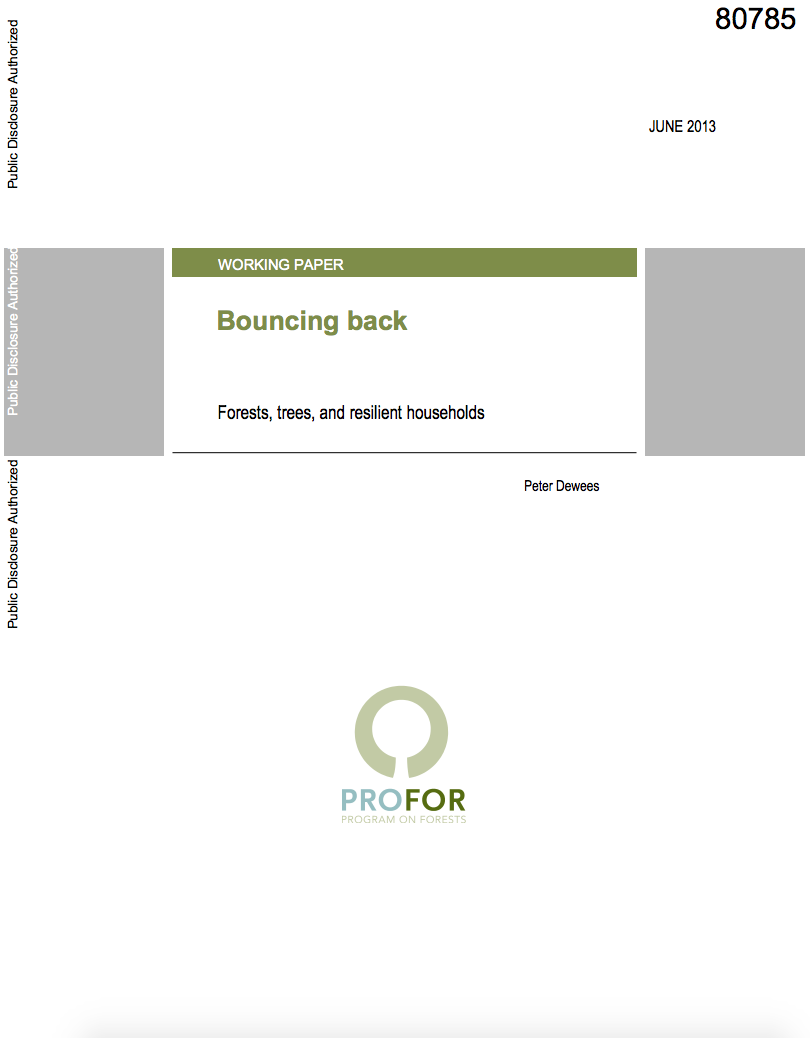Increasing Resilience to Climate Change in the Agricultural Sector in the Middle East : The Cases of Jordan and Lebanon
The increasing resilience to climate
change in the agricultural sector report presents
local-level priorities, informed by stakeholder input, to
build agricultural resilience in both countries. The
objectives of this study were threefold: (1) to improve the
understanding of climate change projections and impacts on
rural communities and livelihoods in selected regions of
Jordan and Lebanon, specifically the Jordan River Valley and


